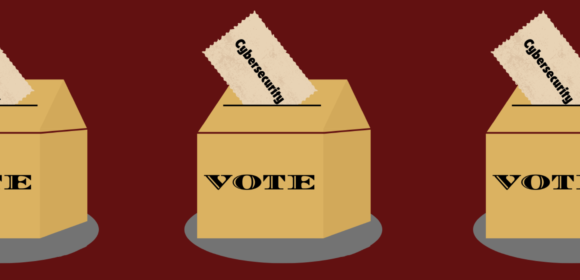As each new day passes in 2024, Americans find themselves inching closer and closer to the Presidential Election in November; as it approaches, presidential candidates pull out all the stops to gather up votes: rallies, tours, fundraisers, and yes, virtual campaigns.
What many Americans may not consider, however, is the spike in phishing attempts during election season.
A common strategy for many political candidates on their campaign trail is sending out email & SMS blasts, asking potential voters for support and donations. Cybercriminals will likely emulate this strategy to collect personal information or data on a user. This practice can range from mild to severe.
Sometimes, cybercriminals will send you a brief text message from an unknown number that may inquire your thoughts on an upcoming election, such as who you intend to vote for or your stance on certain policies. This is known as Smishing. You might think that this seems harmless and, initially, it might be – after all, it’s only a brief text message.
However, if you respond to these messages, you confirm to potential attackers that your number is active and working. This can open a flood gate of possible cyberattacks in the future that you might not be prepared for: SIM Hijacking, stolen credentials, installed malware, etc.
In addition, another common strategy cybercriminals will use to infiltrate your data is by mimicking email campaigns. During election season, many cybercriminals will send out emails that prompt voters to donate to a particular candidate or political party. Often, these messages will include a hyperlink disguised as a generic political, presidential, or charitable website. In reality, however, these links can lead to malicious sites that can embezzle your credentials, install malware on your device, or more.
The rule of thumb here is to exercise caution if you do not recognize an email address or phone number or if you did not expect an email or text. Do not respond to any messages and do not click on any links in said messages. Report them as junk and delete them from your inbox. You protect your data if you do so.
During this election season, you will likely experience a consistent barrage of political messaging and it may be difficult to discern what comes from a legitimate source and what does not; but just remember to be cautious, mindful, and, most importantly, diligent to secure your data and your information.





